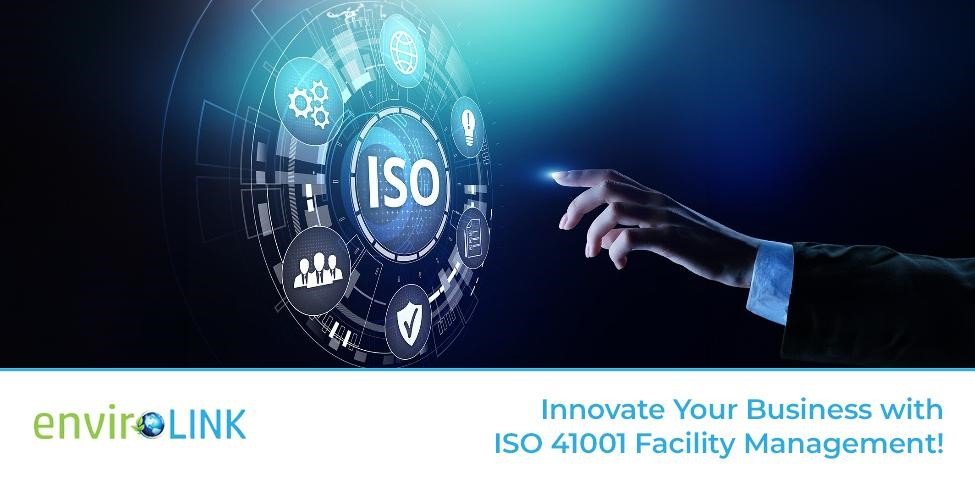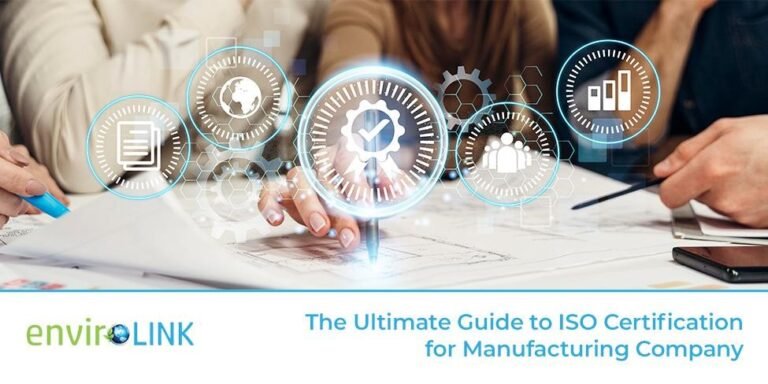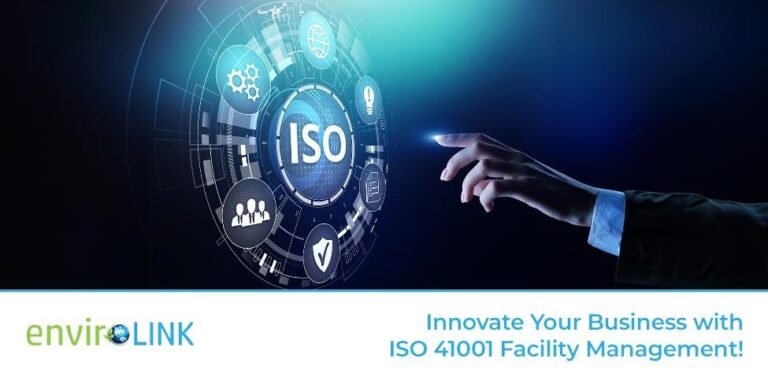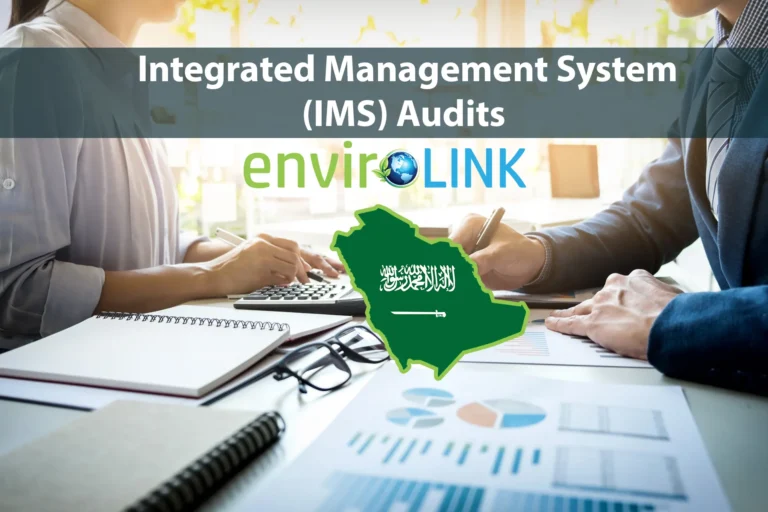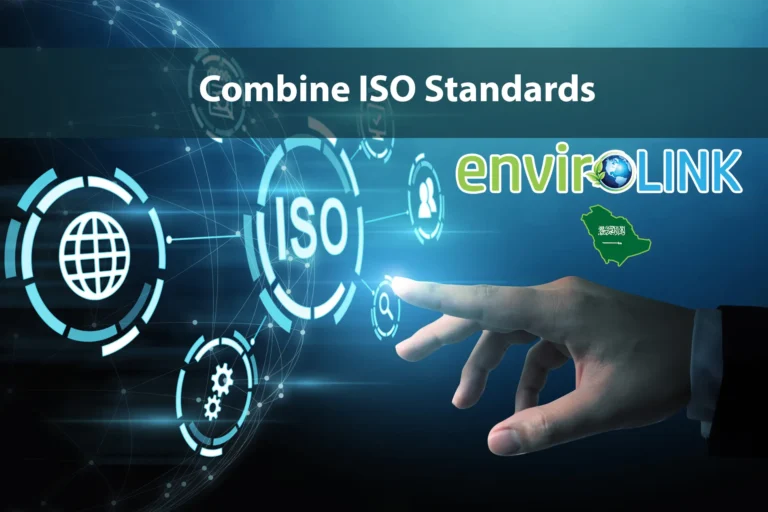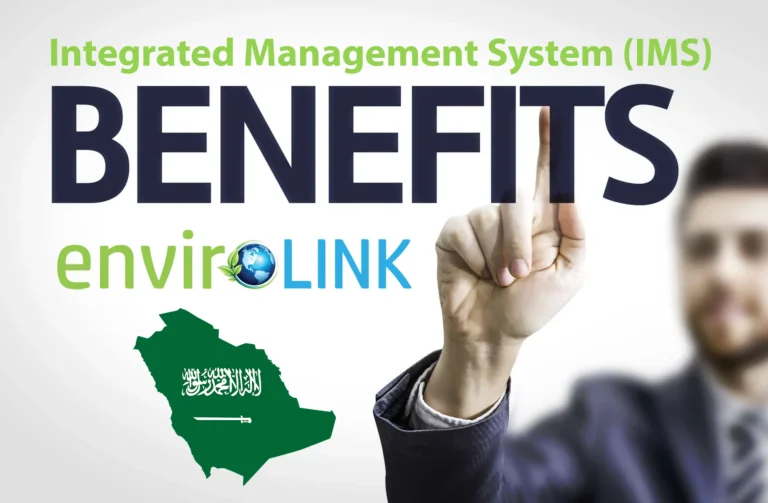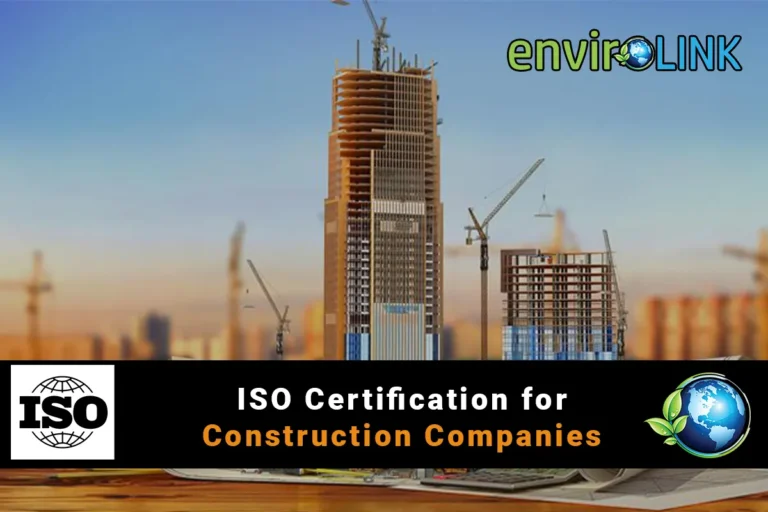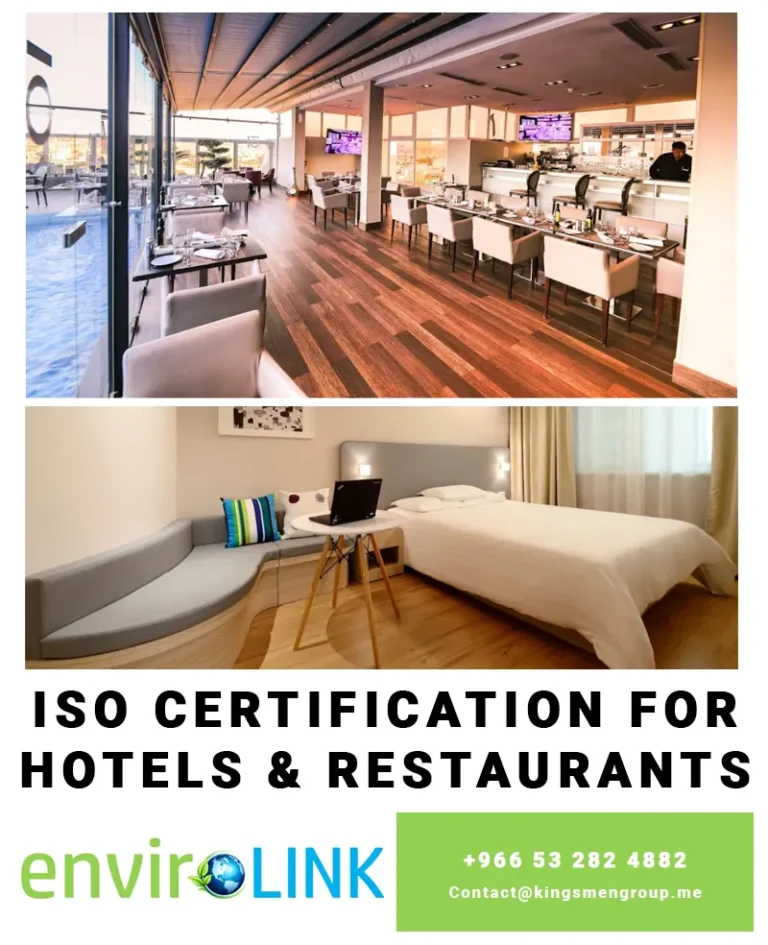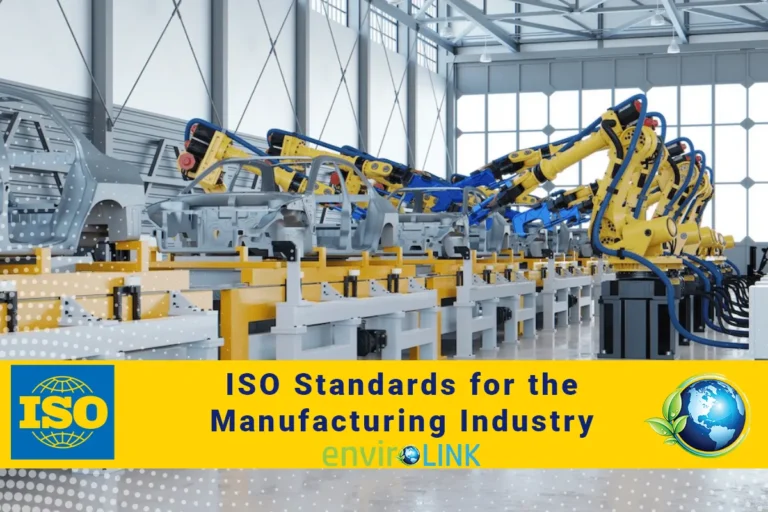ISO 41001 Facility Management is an international standard that seeks to optimize facility management systems by increasing efficiency and effectiveness. Facility management offers an effective framework for overseeing facilities, making sure they operate and remain maintained according to organizational goals and customer requirements. ISO 41001 Facility Management provides organizations with an opportunity to enhance operational performance, optimize resource use, and achieve higher service quality levels.
ISO 41001 Facility Management provides businesses looking to streamline their facility operations and achieve exceptional service delivery with ISO 41001 Facility Management as an indispensable guideline. Whether seeking to increase facility performance or ensure compliance with industry best practices, this standard provides a holistic framework for overseeing and improving facilities.
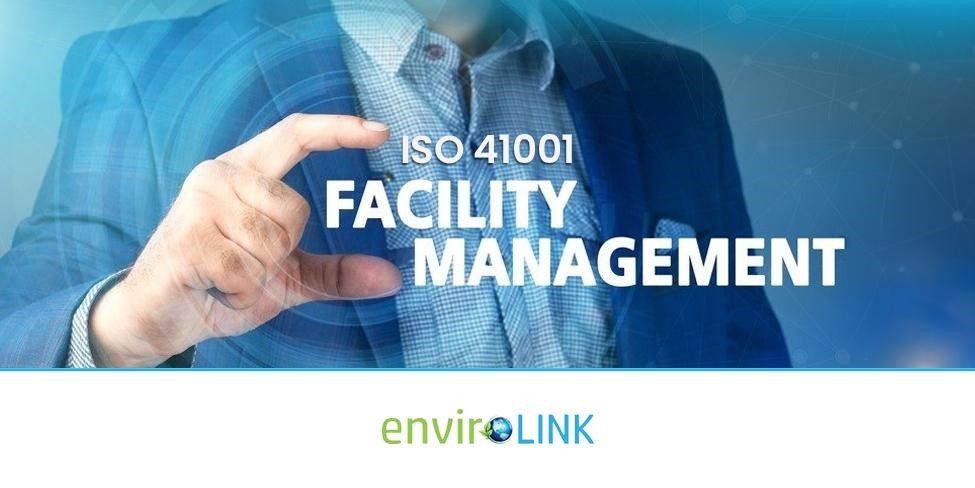
ISO 41001 Facility Management is an all-encompassing standard that enhances facility management across different sectors. To take full advantage of it, understanding its key components is essential – here are four primary ones from this ISO 41001 Facility Management standard that organizations should focus on:
Defining Scope & Objectives
The initial component of ISO 41001 Facility Management involves outlining its scope and objectives. Setting clear, measurable facility management goals aligned with an organization’s overall strategic objectives is also required for proper facility management system design and operation. A facility’s scope enumerates the aspects that will be addressed for management: maintenance, security, health and safety, and environmental sustainability.
Establishing clear goals ensures that the facility management system addresses the needs and expectations of stakeholders, tracking performance against these goals while supporting effective planning and resource allocation – ultimately contributing to increased operational efficiency and service quality.
Strategic Planning and Leadership
Strategic planning and leadership play an essential part in ISO 41001 Facility Management’s implementation; this involves setting up an organization-specific framework that connects facility management practices to its long-term objectives. Effective leadership is critical to driving an effective facility management system and cultivating a culture of continuous improvement within an organization. Without adequate support from leadership, such systems would likely collapse completely and go out of existence altogether.
Leaders must engage with stakeholders, communicate the benefits of facility management systems to them, and allocate necessary resources. Taking this strategic approach to facility management efforts allows leaders to integrate them seamlessly into organizational strategy while optimizing outcomes both in terms of facility performance and stakeholder satisfaction.
Performance Evaluation and Continuous Improvement
Evaluation and continuous improvement are central elements to keeping facility management systems effective and maintaining their effectiveness. ISO 41001 Facility Management stresses the need for regular reviews of facility management processes and results, with regular assessments to monitor progress as well as evaluate results. Performance metrics and key performance indicators (KPIs) help assess how effectively the system is meeting its objectives while pinpointing areas where improvements could be made.
Regular internal audits help uncover any nonconformities or areas for optimization within the system. ISO 41001’s central principle is continual improvement, encouraging organizations to make incremental adjustments that lead to enhanced efficiency, lower costs, and superior service quality. Implementing an organized performance evaluation and improvement framework helps organizations remain responsive and competitive against ever-evolved needs and challenges.
Risk management and Compliance
Risk and compliance management are core components of ISO 41001 Facility Management. An effective facility manager identifies potential threats that might threaten operations and safety at facilities and implements measures to address those threats in an efficient and safe manner. Addressing potential risks related to health and safety, security, regulatory compliance, and environmental impact is also part of this endeavor.
ISO 41001 provides guidelines for systematically assessing and managing risks within facility management systems, helping ensure they can face different types of challenges effectively. Compliance with relevant laws, regulations, and industry standards also plays a crucial role; making sure facility management practices meet such legal or regulatory standards will not only prevent legal issues but also foster an atmosphere of safety within an organization.
Key Benefits of Implementing ISO 41001 Facility Management
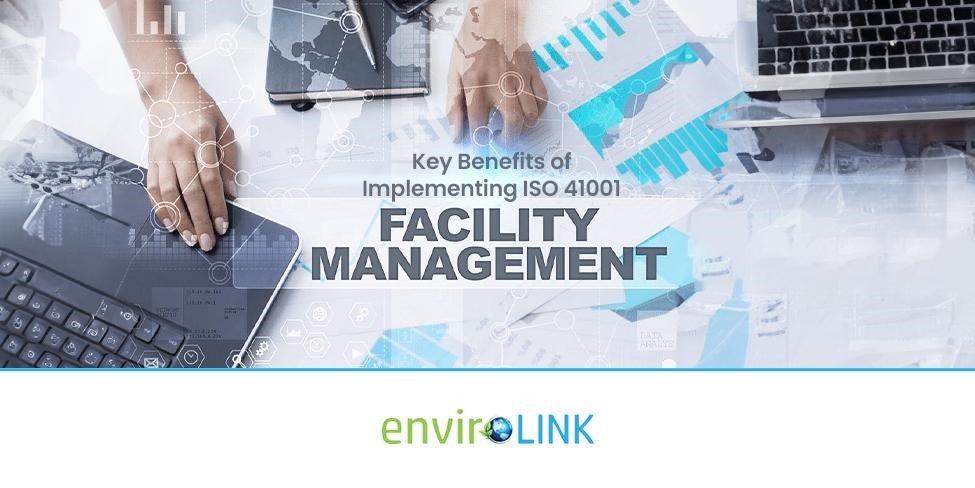
Risk and compliance management are core components of ISO 41001 Facility Management. An effective facility manager identifies potential threats that might threaten operations and safety at facilities and implements measures to address those threats in an efficient and safe manner. Addressing potential risks related to health and safety, security, regulatory compliance, and environmental impact is also part of this endeavor.
ISO 41001 provides guidelines for systematically assessing and managing risks within facility management systems, helping ensure they can face different types of challenges effectively. Compliance with relevant laws, regulations, and industry standards also plays a crucial role; making sure facility management practices meet such legal or regulatory standards will not only prevent legal issues but also foster an atmosphere of safety within an organization.
ISO 41001 Facility Management provides organizations with an invaluable opportunity for continuous improvement by encouraging regular performance evaluations and audits that help assess progress toward operational excellence and respond quickly to changing needs or challenges that emerge over time. In turn, ISO 41001 Facility Management is a powerful resource supporting facility operations efforts toward operational excellence.
Essential Steps to Implement ISO 41001 Facility Management
Implementing ISO 41001 Facility Management involves following a systematic approach that enhances facility operations while meeting strategic organizational goals. Here’s an effective step-by-step guide that can assist with this endeavor:
Understand ISO 41001 Standard
Before beginning implementation of ISO 41001 in your organization, it’s critical that you fully comprehend its requirements. ISO 41001 offers a framework for efficiently and effectively managing facilities while aligning facility management practices with organizational objectives for optimal performance and sustainability.
Review its guidelines, scope, and objectives so as to gain a complete understanding of how it relates to your specific needs as an organization and familiarize yourself with key principles such as strategic alignment, risk mitigation, and continuous improvement.
Conduct a Gap Analysis
A gap analysis is key to understanding where your facility management practices fall short when compared with ISO 41001 requirements by evaluating existing processes, systems, and practices against ISO 41001’s criteria and documenting potential gaps that need improvement so as to develop an implementation plan aimed at targeting them accordingly. Document the identified gaps by impact on operations or strategic goals as this step lays the groundwork for an efficient strategy implementation process.
Create an Implementation Strategy Plan
After you’ve identified gaps, the next step should be creating an in-depth implementation plan to address them. A detailed implementation plan should outline objectives, resources required, and timelines necessary for ISO 41001 certification; assign roles and responsibilities among team members while communicating clearly about goals and expectations; include specific actions designed to close identified gaps like upgrading processes or investing in technologies or strengthening training programs – creating such an outline ensures an organized approach towards meeting ISO 410001.
Engage and Train Your Team
Engaging and training your team are integral to successfully implementing ISO 41001 Facility Management. Be sure that all relevant stakeholders, such as facility managers, maintenance staff, and support personnel, understand its benefits and requirements before conducting training sessions to educate them about ISO 41001 principles, their roles during the implementation process, and ways they can contribute to compliance – this way creating an accountability culture while making everyone equipped to assist your implementation efforts.
Make Changes and Track Progress
Once your plan and team have been trained on ISO 41001 standards, begin making necessary changes that align with them. This may involve revising existing processes, adopting new technologies, or improving facility maintenance practices.
It’s critical to keep an eye on progress closely during this phase to make sure changes are being integrated effectively; use performance metrics or key performance indicators (KPIs) as tracking measures and quickly address any potential problems during implementation; this regular tracking helps make timely adjustments that ensure smooth implementation processes.
Conduct Internal Audits and Reviews
As soon as implementation begins, internal audits will be conducted to monitor its success and to ensure full compliance with ISO 41001. Internal audits allow you to quickly detect any non-conformities or opportunities for improvement so they can be addressed before the certification audit takes place.
Furthermore, periodically reviewing the process used during implementation in order to measure success and make adjustments where needed – continuous improvement being an underlying principle of ISO 41001- will help your facility management practices stay compliant while driving ongoing enhancement.
Grow Your Business with ISO 41001
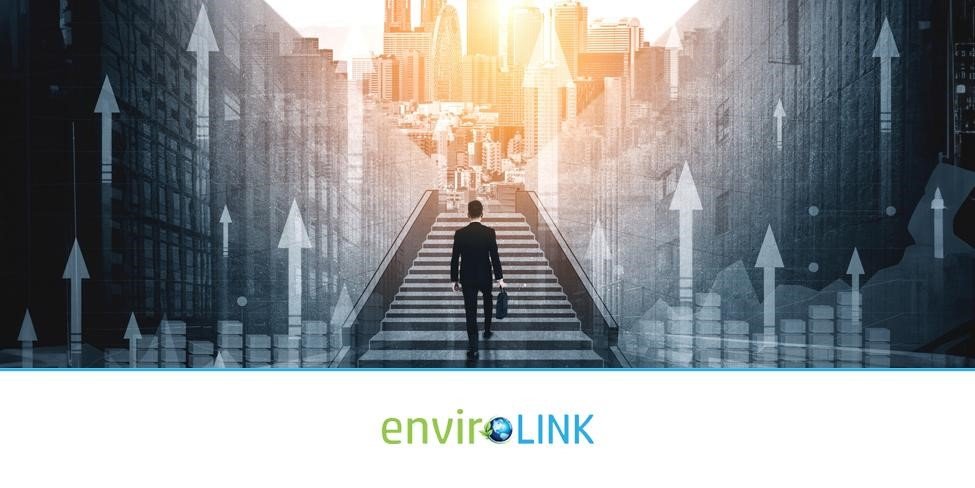
ISO 41001 Facility Management can play an invaluable role in driving business expansion. By offering a structured approach to facility management, this international standard guarantees all aspects are aligned with strategic organizational goals for improved efficiency and business success.
Optimised and Efficient Resource Management
ISO 41001 Facility Management can play an invaluable role in driving business success. By offering an organized approach to facilities management, this international standard ensures all aspects are aligned with strategic organizational goals, resulting in optimized operations which not only increase efficiencies but also drive greater business success.
ISO 41001 Facility Management can aid business growth in several key ways, chief among them resource optimization. This standard places an emphasis on making efficient use of resources while decreasing operational costs and wastefulness. By streamlining processes and improving asset management practices, businesses can achieve higher levels of productivity that ultimately increase profit margins.
Risk Management and Improvement for Sustainable Growth
ISO 41001 Facility Management provides businesses with tools for both risk and compliance management – both crucial elements to sustainable growth. By adhering to this standard, your business can effectively mitigate any associated facility operations risks, including health & safety concerns, security vulnerabilities, and environmental impacts; comply with legal or regulatory requirements as required, protecting from possible legal issues while simultaneously increasing reputation in the marketplace.
ISO 41001 Facility Management supports an environment of continuous improvement that promotes sustainable business growth. By regularly reviewing and refining facility management practices, businesses can adapt quickly to market needs while staying ahead of competitors by staying abreast of market changes while simultaneously creating opportunities for expansion and innovation. This proactive approach to management also creates new avenues of expansion, allowing your organization to stay ahead.
Emerging Trends and Future of Facility Management with ISO 41001
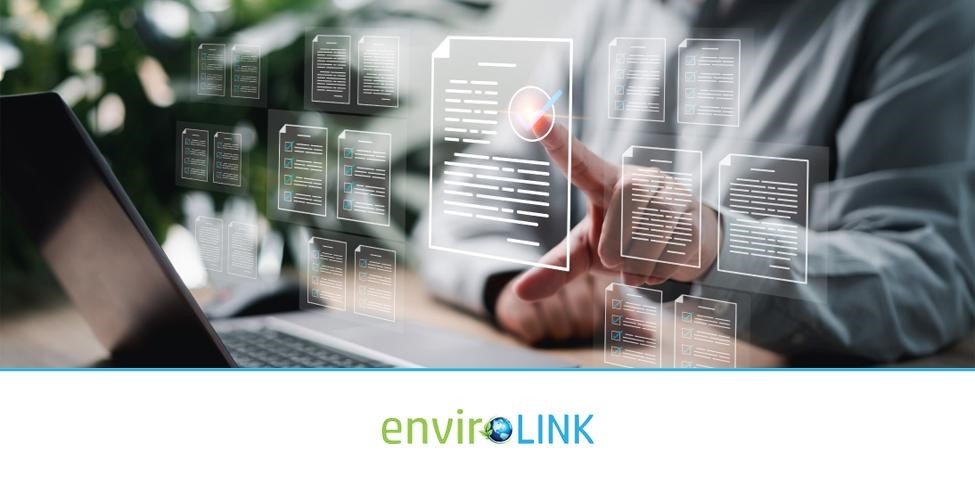
Facility management has quickly evolved with the rise of smart technologies, sustainability initiatives and employee wellness efforts. ISO 41001 acts as a roadmap through this maze of change by helping organizations navigate it efficiently with long-term plans that align with modern business requirements and environmental responsibilities.
Integration of Smart Technologies
Facility management has experienced rapid transformation due to technological innovations and an increase in focus on sustainability and efficiency. ISO 41001, the international facility management standard, is at the forefront of this movement to adapt organizations to current trends and prepare for what lies ahead – such as smart technologies being integrated. One such trend that ISO 41001 supports is smart device integration.
Facility managers are increasingly adopting IoT (Internet of Things), AI, and data analytics technology in facility management to enhance monitoring and maintenance practices for buildings. ISO 41001 offers an ideal framework to enable this adoption while meeting strategic objectives while increasing operational efficiencies.
Emphasis on Sustainability
Sustainability as an Influencer on Facility Management Sustainability has emerged as one of the main trends shaping facility management today, as organizations face pressure from regulators and stakeholders to reduce environmental impact.
ISO 41001 offers guidance for managing facilities so as to minimize resource consumption while simultaneously encouraging sustainability; for instance by employing efficient energy management practices such as waste reduction strategies or using eco-friendly materials – which have all become integral parts of modern facility management strategies.
Focus on Employee Well-being
Going forward, facility management is expected to focus more on employee well-being than ever. ISO 41001 emphasizes creating safe, healthy environments which promote overall well being of occupants – this not only increases productivity but also boosts satisfaction and retention levels among workers – making employee well-being an essential aspect of facility management going forward.
Smart technologies are revolutionizing how decisions are made within facility management. Through IoT devices and data analytics, organizations are gathering real-time information on energy usage for analysis by ISO 41001’s framework for harnessing this data effectively resulting in more precise and efficient facility management practices that improve operational efficiencies while supporting maintenance that extends asset lifespans by reducing downtimes and downtimes.
This not only leads to operational efficiencies being realized more rapidly; it supports proactive maintenance while increasing operational efficiencies significantly while supporting proactive maintenance practices which not only reduce downtimes but extend asset lifespan by several fold.
Conclusion
ISO 41001 Facility Management is essential to optimizing operations and driving business success. By improving efficiencies in resource use and service quality with clear objectives, strategic planning, performance evaluation, risk mitigation strategies, and employee well-being trends such as smart technologies, sustainability practices, and employee well-being, ISO 41001 supports sustainable growth with a competitive advantage for organizations adopting this standard – giving organizations an advantage for long-term facility success!
EnviroLINK is your trusted partner in harnessing the benefits of Integrated ISO Management System Audits. From streamlined processes to enhanced compliance and stakeholder confidence, integrated audits offer a myriad of advantages for organizations seeking to elevate their IMS performance. Partner with EnviroLINK to unlock efficiency, excellence, and sustainable success across KSA, UAE, Oman, Qatar, India, and beyond.

